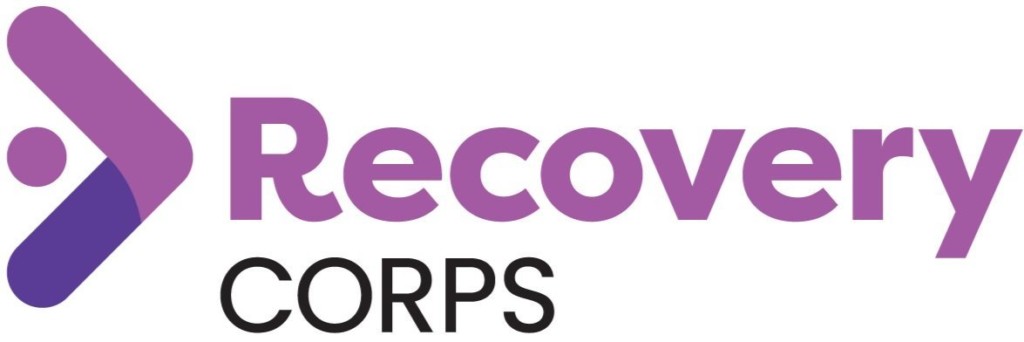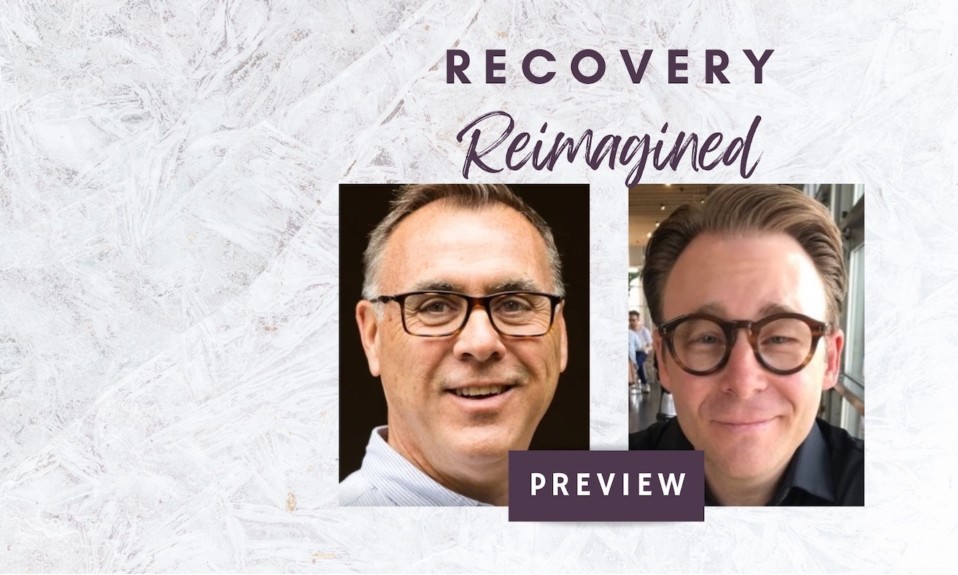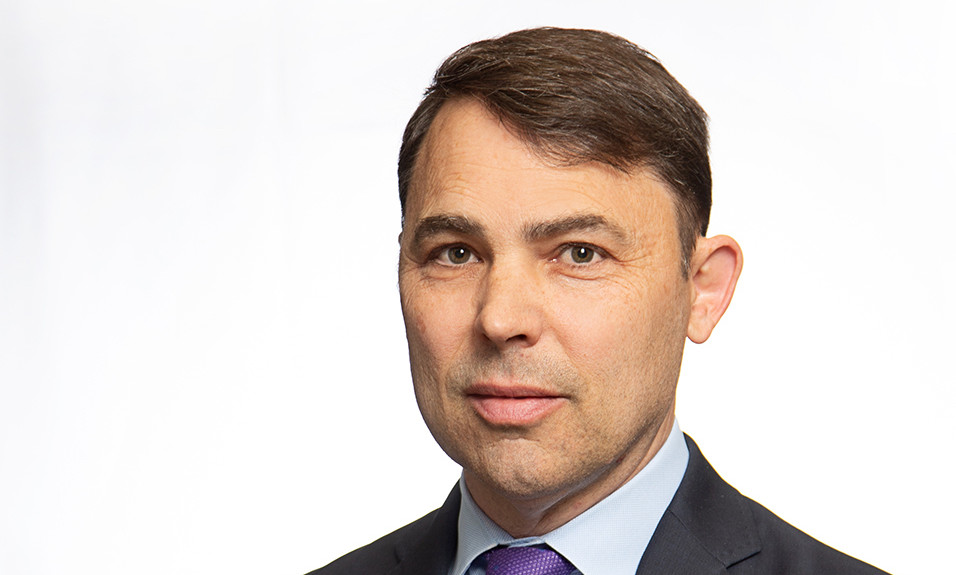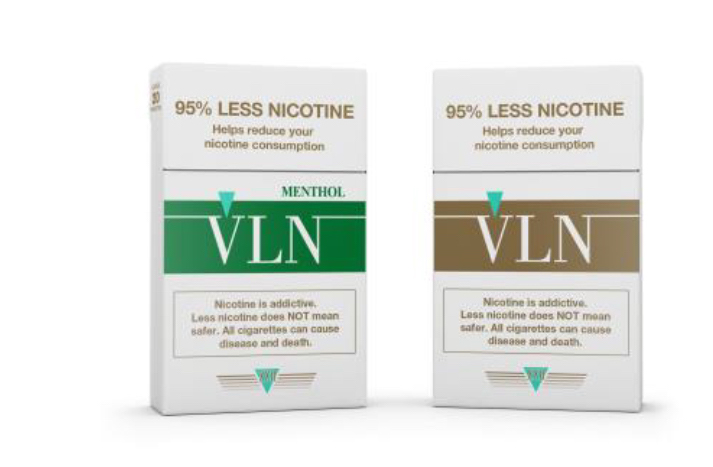The recovery organization, launched in 2018, is taking the notion of peer support to the next level
By Alison Jones Webb
Peers are the bedrock of recovery support services, and peer support comes in many forms. Traditionally, support is informal, like sponsorship through 12-step programs or the natural give-and-take that happens when people in recovery come together. Formal training is also available, and most states have a certification process for trained peer workers. Either way, formal or informal, peers share their experiences, provide encouragement and hope, and create opportunities for friendship and fellowship.

First launched in 2018 in Minnesota, Recovery Corps is a new addition to Virginia’s support services and uses the infrastructure of AmeriCorps, a U.S. government agency that supports volunteer service programs across the country, to expand access to certified peer recovery support services. In addition to Minnesota and Virginia, Recovery Corps operates in Illinois and California. In Virginia, peer support in Recovery Corps comes in the form of recovery navigators, who have lived in recovery for at least a year and who receive training to provide one-on-one peer support to people in recovery. With the training and hours of experience, recovery navigators can go on to obtain certification as a peer recovery specialist at no cost to them.
“This is an opportunity that may not have been afforded just a few years ago,” Nathan Mitchell, program coach for the Recovery Corps program in Virginia, explains. Mitchell provides support to the Recovery Corps service sites and members (individuals who sign up for a year of AmeriCorps service). “At the end of their one-year service period,” Mitchell says, “recovery navigators will have completed all 72 hours of the Virginia Department of Behavioral Health and Developmental Services’ peer recovery support training, all 500 hours for certification, ‘boots on the ground experience doing service work’ and will leave with an incredible certification [certified peer recovery specialist] to move on from there.”
Recovery Corps also trains recovery project coordinators to support nonprofit and public agencies in areas such as program development, training and community engagement.
The first Virginia Recovery Corps members began their service this fall. “This is an opportunity that has been very intentional, as we’ve been growing the recovery community in Virginia to ensure people with lived experience have a career pathway in recovery,” Mitchell says. “It’s an opportunity to say, ‘You know what? You’ve got a skill set of resilience, resourcefulness, building something out of nothing, and we want to help you help others.’”
Recovery Corps also trains recovery project coordinators to support nonprofit and public agencies in areas such as program development, training and community engagement. In addition to providing support to people in recovery and building organizational capacity, Recovery Corps aims to address the nation’s workforce shortage in social services by preparing the navigators and project coordinators for careers in recovery and human services. Shortages in the behavioral health workforce are particularly acute in Virginia, and Mitchell sees Recovery Corps as one solution. “I want to be building something, and what better way to support our community than to build the peer workforce? I’m really excited about that.”
The Benefits of Peer Support
Research in treatment settings points to the potential of peer support to reduce substance use and return to use, improve relationships with treatment providers and social supports, increase treatment retention, and contribute to greater treatment satisfaction. Recovery Corps collects data on participants who receive services from a recovery navigator, which contributes to the growing knowledge base regarding the effectiveness of peer support. Data from Recovery Corps in Illinois and Minnesota show that 63% of participants who received peer support from a recovery navigator increased their recovery capital score, and the more support sessions a participant attended (via phone, video, or in person), the greater the increase in recovery capital.
“The need is great, and we will be looking to expand.”
—Nathan Mitchell, Recovery Corps in Virginia
Virginia Recovery Corps program is administered by Ampact, a national nonprofit dedicated to developing evidence-based AmeriCorps programs. In Virginia, Recovery Corps is looking for 44 people to serve at 11 sites and is partnering with the Virginia Association of Recovery Residences to coordinate funding and site selection. Most Virginia Recovery Corps sites to date are at nonprofit organizations in the Richmond area, as well as the Chris Atwood Foundation in Reston, Roads to Recovery in Lynchburg, Spirit Works in Williamsburg and other public agencies, including Department of Behavioral Health and Developmental Services. The plan is to expand to other organizations and geographical areas.
“The need is great, and we will be looking to expand,” Mitchell says.
Photo: Charles Deluvio













